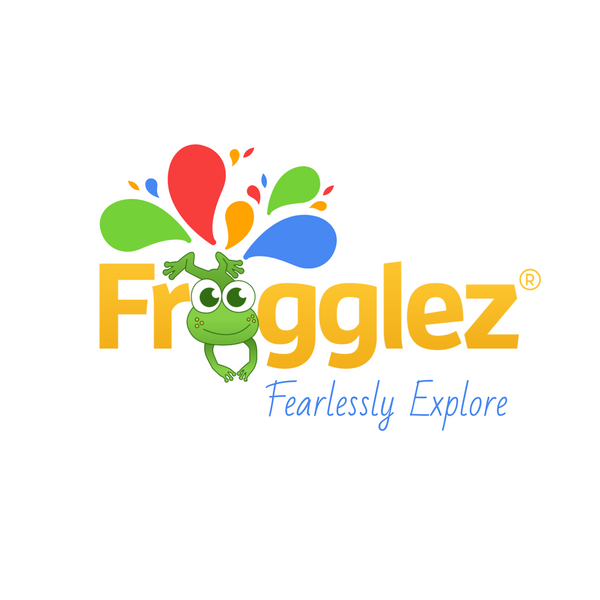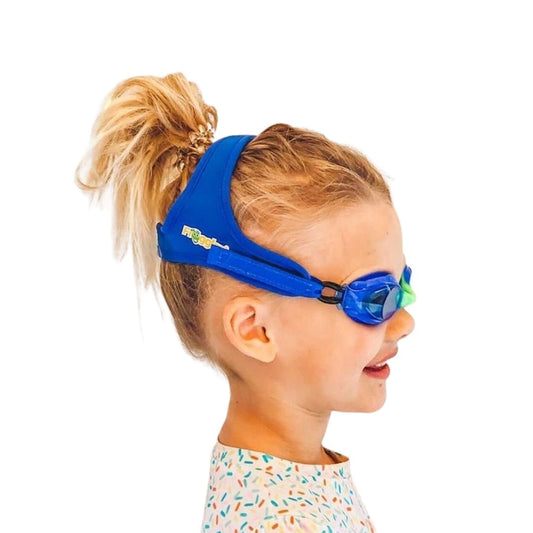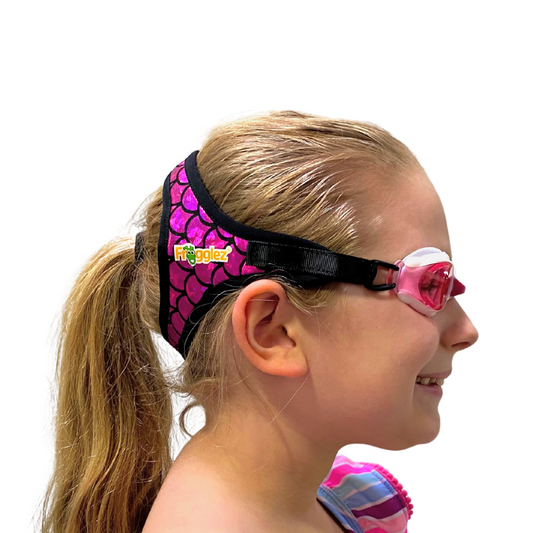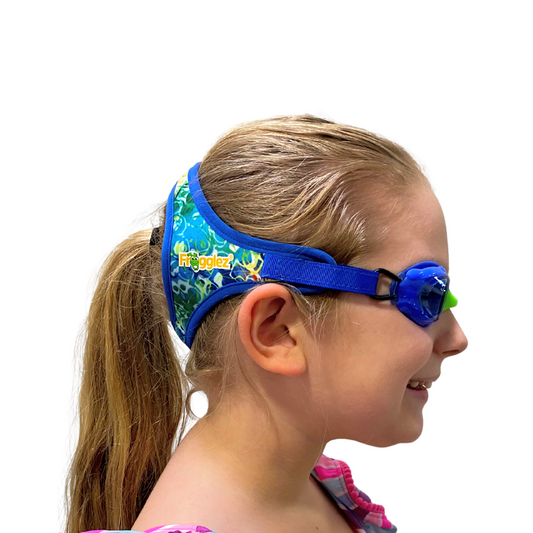Some children naturally love water and don't hesitate to jump in, while others need a bit of encouragement. There are a few fun things you can do at home to make sure your toddler is ready for swim lessons regardless of their love of water! Engage them with these fun at-home activities that help develop skills needed in swim lessons.
How can blowing bubbles prepare children for swim lessons?
When your child is old enough, it's a good idea to develop simple breath control. An easy and fun way to accomplish this is going outside with a bubble wand and blowing some bubbles! This is a solution that requires kids to blow air to produce bubbles, teaching them breath control and visually explains air movement outside of the body. Practicing breathing in deeply and expelling air helps prepare toddlers to blow bubbles in the water during swim lessons.
Furthermore, according to Help Hope Live, “Blowing bubbles can encourage kids to be curious and descriptive while naturally promoting counting games and fine motor skills as they clap, pop, and chase. As they get older, bubbles provide an opportunity to encourage mental growth through scientific exploration as kids learn about the science of bubbles.”
Does playing in the shower better prepare kids for swimming lessons?
Getting a child accustomed to water on their face is easiest when they can control the situation. Using the shower or a garden sprinkler, encourage your child to hold their breath and put their face in the cascading water. This fun activity allows children to develop breath-holding skills but allows them to control when they enter the water. Wearing comfortable swim goggles such as Frogglez can help reluctant children master the skill without the distraction of water in their eyes. As they become more comfortable, you can challenge them to blow out breath while their face is in the stream of water.

Can blowing through a straw help kids in their swim lessons?
There are so many fun games you can play that further develop breath control. It's helpful for swim lessons that kids learn to blow hard or gently to control how much air they expel underwater. One fun game kids enjoy involves filling a mixing bowl or cake pan with water and floating a pom pom or ping pong ball. Give your child a straw and have them blow through the straw to move the ball across the water. Supervise them carefully while using a straw.
Can you and your child speak whale in the pool?
Swim instructors say that many children struggle to submerge their ears. One way parents can encourage this skill is to play games in the shallow area of a pool. Hop in with your child and submerge your mouth and chin to make funny underwater noises. Ask your child to turn their head and submerge one ear in the water to listen to the whale talk back to them. As they become more comfortable in the water, ask them to submerge both ears simultaneously. Games like this one make them comfortable with the sensation of water and muted hearing and help them practice following directions.
How can car rides prepare your child for swim lessons?
The sensation of floating is new to most children who start swim lessons, but so is learning to alternately kick their legs. You can practice this skill anywhere, but it’s a good activity when they’re strapped in a car seat. Like a modified version of red light – green light, you ask your child to freeze when you say red light and kick like crazy when you say green light. As the child masters the game and follows instructions, parents can add kicking slowly to the command of yellow light. Games that pair activity with directions help kids learn to follow directions and teach alternate kicking.
How do I get my children prepared for swim lessons?
Swimming instruction is critical, but your child will progress faster if they already know a few basic skills. Engage your child in simple at-home activities to develop the emotional and physical skills they’ll need. Consult your pediatrician for additional emotional or physical milestones that indicate pool readiness. Always supervise children while they play near water, even an inch of standing water can be deadly to an infant.









